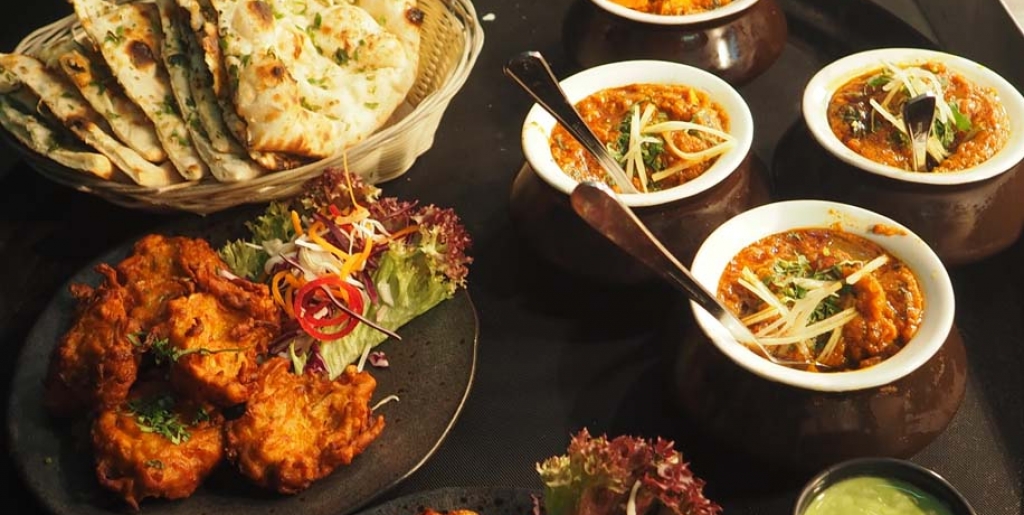Food Products
A rather wide-ranging subject, we’re talking food products today. Ok, so there’s dairy, fruit, fruit-roll-ups, those amazing Dutch cookies that are flat and look like waffles, steak, tofu, what else? That would be a bit tiresome, don’t you agree? Instead of touching on every food product known to man, we’re going to concentrate on the world’s largest food product companies, because those folks control how and what we ingest, and that certainly matters.
Cargill is by far either one of the biggest, if not the biggest food product company in the world. With revenue ascending the $109 billion range, sales are driven principally by oilseeds and grains. Their animal nutrition and protein division has been outperforming competitors for some time now and the North American business accounted for approximately 36% of Cargill’s revenues and sales.
Based out of the U.S., Cargill also works with food ingredients and applications, origination and processing, and even delves into industrial and financial services. Coming in a tad under $100 billion, Nestle is another food product monster. Based in Switzerland, Nestle has been in business for nearly as long as most of the names mentioned here and now operates in 189 countries around the globe. Their product portfolio breaks down over nutrition, powdered and liquid beverages, milk products, ice cream, cooking aids, pet care, water and confectionary. Talk about a range! Nestle is the poster child of shrewd mergers and acquisitions. The hold a majority interest in Blue Bottle Coffee and a 100% stake in Chameleon Cold Brew. The also acquired the online meal delivery service Freshly and Sweet Earth, a frozen meals company.
PepsiCo is a name we know well. Registering revenues in the $60 to $65 billion arena, PepsiCo isn’t just pushing soft drinks. In fact, they are moving fast towards a more nutritious food product direction, restructuring their portfolio to include items that are more “good for you” products. PepsiCo has reduced sodium, sugar, saturated fat and similar preservatives and currently manages a total of 22 brands worldwide. These are moved in over 200 counties and the food division alone accounts for 53% of the company’s net revenues.
Archer Daniels Midland Company is nearly the same size of PepsiCo in terms of revenue but has experienced some declines over the past couple years. Like Nestle they have engaged in some very strategic acquisitions, namely Crosswind Industries which is not well-known but was a monster in the U.S. based pet treats and food products sector. They also set their sights and scored with Chamtor, a French sweeteners and starches producer. Based stateside, Archer Daniels has been involved in everything from corn and wheat to soy meal, oilseeds, beverage ingredients as well as agricultural commodities.
This list could go on, farther than most industries. Food products were once secondary in terms of revenue generators but are now big, big business. We can’t avoid it, eating is part of what we do!


Comments:
Login to leave a reply